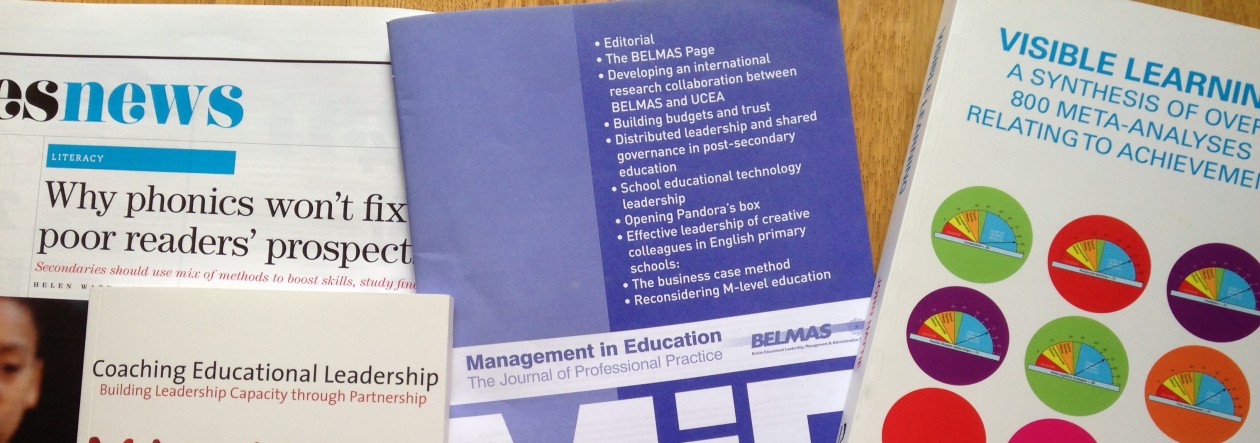EDUCATING FOR THE MODERN WORLD: CBI and PEARSON EDUCATION AND SKILLS ANNUAL REPORT NOVEMBER 2018
We often hear what business wants from schools and there is no shortage of horror stories about school leavers who can hardly read, write or do the most basic arithmetic.
This report puts some evidence forward. Paragraphs like this:
“The majority of businesses reported that they are satisfied with the academic results and/ or qualifications of young people who have applied for jobs during the past 12 months, with fewer than one in ten (9%) reporting dissatisfaction.”
Here are some selected quotes, directly taken from the document. As usual, we suggest you look at sections that apply to/ interest you most.
- Standards of literacy and numeracy are a cause for concern, with one in four employers (25%) not satisfied, while around two in five businesses are not satisfied with the aptitude and readiness for work of young applicants (44%) and/or broader skills such as communicating and problem-solving (38%)
- In the primary school phase of education, up to age 11, the majority of businesses want to see schools developing pupils’ STEM skills (82% rank this among the top three most important areas for action), together with digital and IT skills and broader skills such as teamwork, creativity and listening (72% and 70% respectively)
- To achieve the government’s ambition for a ‘Global Britain’, we have to get language teaching in our schools right, with the major European languages of French (54%), German (51%) and Spanish (50%) most commonly in demand among businesses.
The authors are keen to promote the improvement of IT skills.
More evidence to support some kind of coverage of languages, teamwork, creativity, listening, communicating and problem solving.

You must be logged in to post a comment.